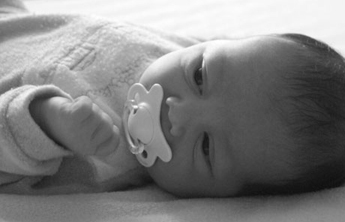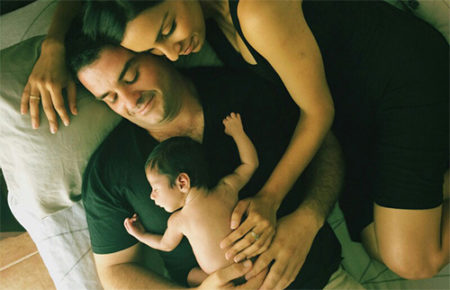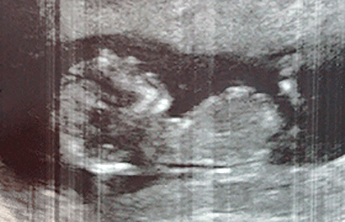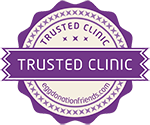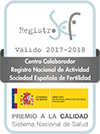
IVF WITH DONOR EGGS
EVA Clinics put at your disposal not only the best experts, but also the most complete and innovative treatments such as In Vitro Fertilization (IVF) using Donor Eggs and your partner’s or with sperm from a donor.
WHAT IS EGG DONATION?
Egg Donation refers to the use of an egg donor in order to undergo a fertility treatment (IVF) that can help you get pregnant in a simple and easy way. This advanced fertility treatment has helped many women overcome infertility and achieve a successful pregnancy, and you can be the next one. Egg Donation, either with your partner’s sperm or with sperm from a donor is an assisted reproduction procedure carried in the IVF lab that involves the use of an egg donor who has voluntarily donated her eggs. The donated eggs are then fertilized (using your partner’s or donor’s sperm) in order to produce good quality embryos for implantation into the uterus through a simple, painless procedure.
The Egg Donation process is similar to proceeding with an IVF cycle, however you will not have to undergo ovarian stimulation or egg retrieval (as the donor will be the one to provide the oocytes).
EVA Clinics have developed The Pregnancy Success Study to determine the expected success rates of your fertility treatment. It is free of charge and you will receive the results of your study ahead of time and always before the start of your treatment, so that you are fully aware of your chances to achieve a positive outcome at each cycle of treatment.
WHEN IS EGG DONATION RECOMMENDED?
Egg Donation is recommended for:
- Women with ovarian disorders: primary or premature ovarian failure.
- Impaired ovarian function or decreased egg quality.
- Women with a genetic condition that can be inherited and cannot be detected through Preimplantation Genetic Diagnosis.
- Women with previous IVF failure using their own eggs.
- Women with severe endometriosis (a painful inflammatory condition).
- Women over 43, since pregnancy rate significantly drops when using own eggs.
- Women with recurrent miscarriage.
- Women who cannot undergo ovarian stimulation or there is a contraindication.
EGG DONATION: STEP-BY-STEP
The Egg Donation Process involves the following steps:
1. SELECTION OF DONOR
The selection of the egg donor is a complex process explicitly regulated by law in Spain. Before being accepted in our Egg Donation Programme, all egg donors are extensively screened for a healthy medical history in order to rule out potential hereditary diseases. All donors at EVA Clinics must be in excellent physical and mental health.
Besides, donors must complete and sign a specific informed consent form to donate their eggs and confirm understanding of the whole procedure, which must be anonymous and voluntary. Furthermore, the entire process is strictly confidential and the anonymity is legally protected. Donors are not entitled to know any information about the recipient(s) and the future child.
On top of that, the Egg Donation Programme at EVA Clinics is designed to ensure the closest match as possible, according to the phenotypic (appearance) and immunological similarities. A multidisciplinary team of professionals will take great care in providing the best possible physical matches between egg donors and recipients, as we understand the importance to you, to be physically matched with highly appropriate donors.
2. EGG DONOR PROTOCOLS: FRESH VS. FROZEN EGGS
Egg Donors undergo ovarian stimulation in order to produce multiple eggs intended for donation and fertilization.
Ovarian Stimulation: The process of ovarian stimulation is exactly the same as with IVF treatment. Donors are given medication to stimulate their ovaries, they receive regular monitoring scans and hormonal blood tests to assess their response to medication. Once the follicles have matured enough for retrieval, ovulation is triggered (rupture of the follicles, releasing the eggs from the ovaries) and the egg retrieval is scheduled about 36 hours later.
Egg Retrieval: Egg retrieval is performed in an operating room under mild anaesthesia (sedation) and only takes about 10-15 minutes. It is performed with ultrasound guidance in order to visualize the uterine cavity and get to the ovary and follicles. The procedure carries almost no risks.
Fresh vs. Frozen Eggs: After egg retrieval, the eggs can be donated or vitrified (frozen) for future use. Using fresh donor eggs requires a specific treatment protocol in order to synchronize the recipient’s menstrual cycle with the donor’s cycle.
On the other hand, there may be special circumstances in which the eggs are cryopreserved (frozen) and then thawed and used for treatment. For example, for specific physical characteristics, to plan the trip to Spain well in advance or to facilitate the management of the Egg Donation Programme when there is not a synchrony between the endometrial preparation of the compatible recipient and the egg donor retrieval. Egg freezing allows for new perspectives in fertility treatments, such as the possibility to create egg banks. It has become a very viable option thanks to the advances in the freezing process, meaning that quality is not compromised.
No matter the scenario, all potential donors go through the same testing and screening before they are cleared for donation.
3. FERTILIZATION AND EMBRYO CULTURE
The collected eggs are mixed with your partner’s or, if applicable, the donor’s sperm, in the laboratory using a tiny, sterile pipette (a glass tube). On the next day, they are checked to see if any have been fertilized (a fertilized egg is called a zygote). Then, the fertilized embryos are grown in the laboratory to allow for the selection of the most viable embryos.
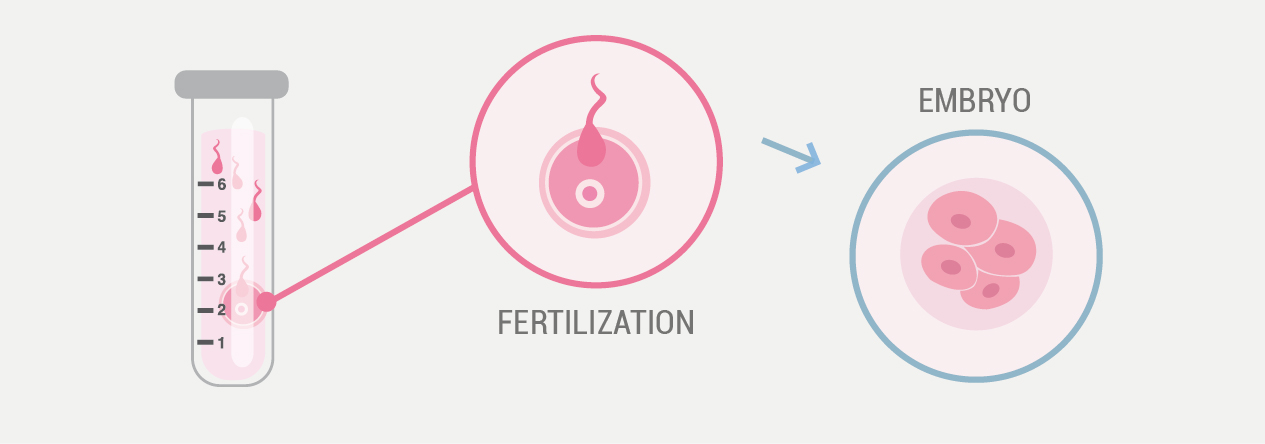
4. EGG RECIPIENT TREATMENT
You will follow a simple and straightforward treatment that will prepare your uterus and endometrium (the inner lining of the uterus) for oocyte donation and embryo transfer. This treatment will help maintain your uterus in good condition until the donation is confirmed and the transfer is performed.
You will be given some medication (commonly known as hormone replacement therapy) in order to thicken up your lining. Several controls will be needed to look if the preparation is going well. These controls can be performed in your own country and consists of a vaginal ultrasound scans (to measure the endometrial line) and possibly some blood tests.
Our medical team will provide a rigorous follow-up either by email, video conference or telephone, so that you are always informed about the progress of your treatment.
Furthermore, you will be assigned a personal coordinator who will guide you through the entire process so that you don’t feel lost.
5. EMBRYO TRANSFER
Embryo transfer is the last decisive step of the process for achieving a pregnancy after IVF. The embryo transfer is a crucial phase of procedure and it is most commonly performed 72 hours (3 days) or 5 days after the egg retrieval. A maximum of two embryos will be transferred per procedure. The embryo transfer process is very simple, and it is performed in the operating room, like the egg retrieval. The embryos are placed into the uterus using a thin, flexible tube (embryo transfer catheter) that does not damage the reproductive tract (wall of the uterine cavity). The embryo transfer is not painful and does not require any sedation or anaesthesia.
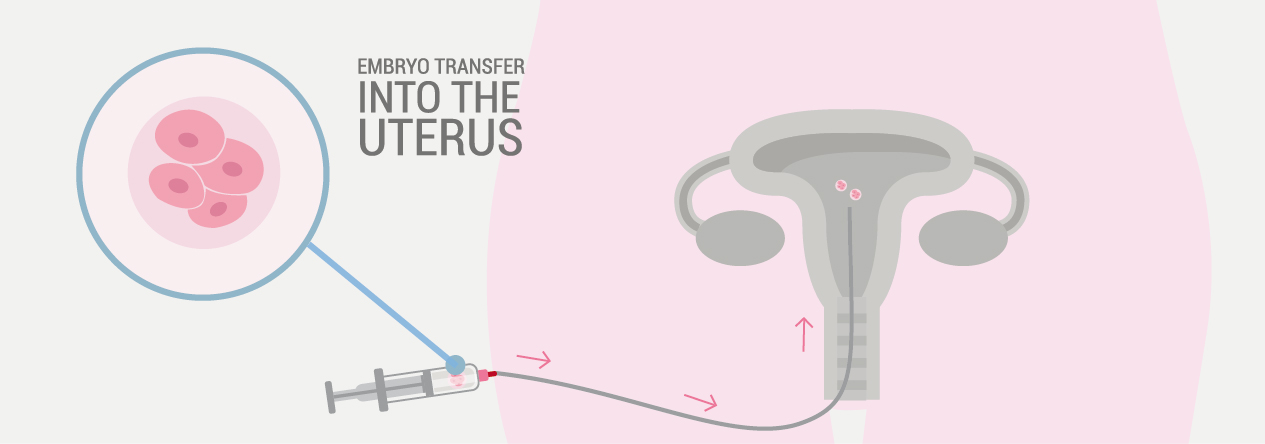
After the embryo transfer some bed rest is recommended, approximately half an hour. Then you must resume your normal life but avoid strenuous activities.
Any surplus embryos left over your fertility treatment are frozen to be used later, without the need to go through a new stimulation cycle and egg retrieval, if you do not get pregnant during that IVF cycle.
6. AFTER THE EMBRYO TRANSFER
Approximately two weeks after the embryo transfer, a pregnancy test (usually in blood) is performed and there are two possible results:
OPTION 1. You get pregnant:
Your IVF treatment has been successful. You can follow up with your doctor at home or if you wish to, attend our EVA clinic for check-ups (antenatal care). The choice is yours. Even if you live abroad, we will stay in touch during your pregnancy to monitor the progress of your pregnancy and answer any questions you may have.
OPTION 2. You don’t get pregnant:
If your IVF cycle does not work, you should not lose hope and remain focused. Having failed a cycle of Egg Donation does not mean that it will happen again or that you cannot get pregnant in subsequent cycles. Two scenarios can happen after a failed Egg Donation cycle:
a.If there were surplus embryos left and frozen, you can undergo a Frozen Embryo Transfer, which means that those embryos that were previously cryopreserved (frozen) can be transferred into your uterus. You will only need to undergo endometrial preparation again but not wait for new donor to be assigned and new fertilization.
b.If there were no embryos left for freezing, we would review your case and probably recommend a new try.
How Many Times Should You Try Egg Donation?
We generally recommend a maximum of three Egg Donation cycles. Our caring team at EVA will offer you guidance in every step of the way to choose the best treatment option for your individual case. We will review the results of your first Egg Donation cycle and based on this, we may recommend a new try.
How Much Does Egg Donation Cost?
At EVA Clinics we are committed to offer affordable treatments at competitive costs. IVF cost may vary based on treatment options. We will study your case individually and provide you with a detailed cost estimate.
Request further information through our Contact Form, Phone or via Email.
Your first consultation is always free of charge.
For more information about our Egg Donation Programme, click here.

